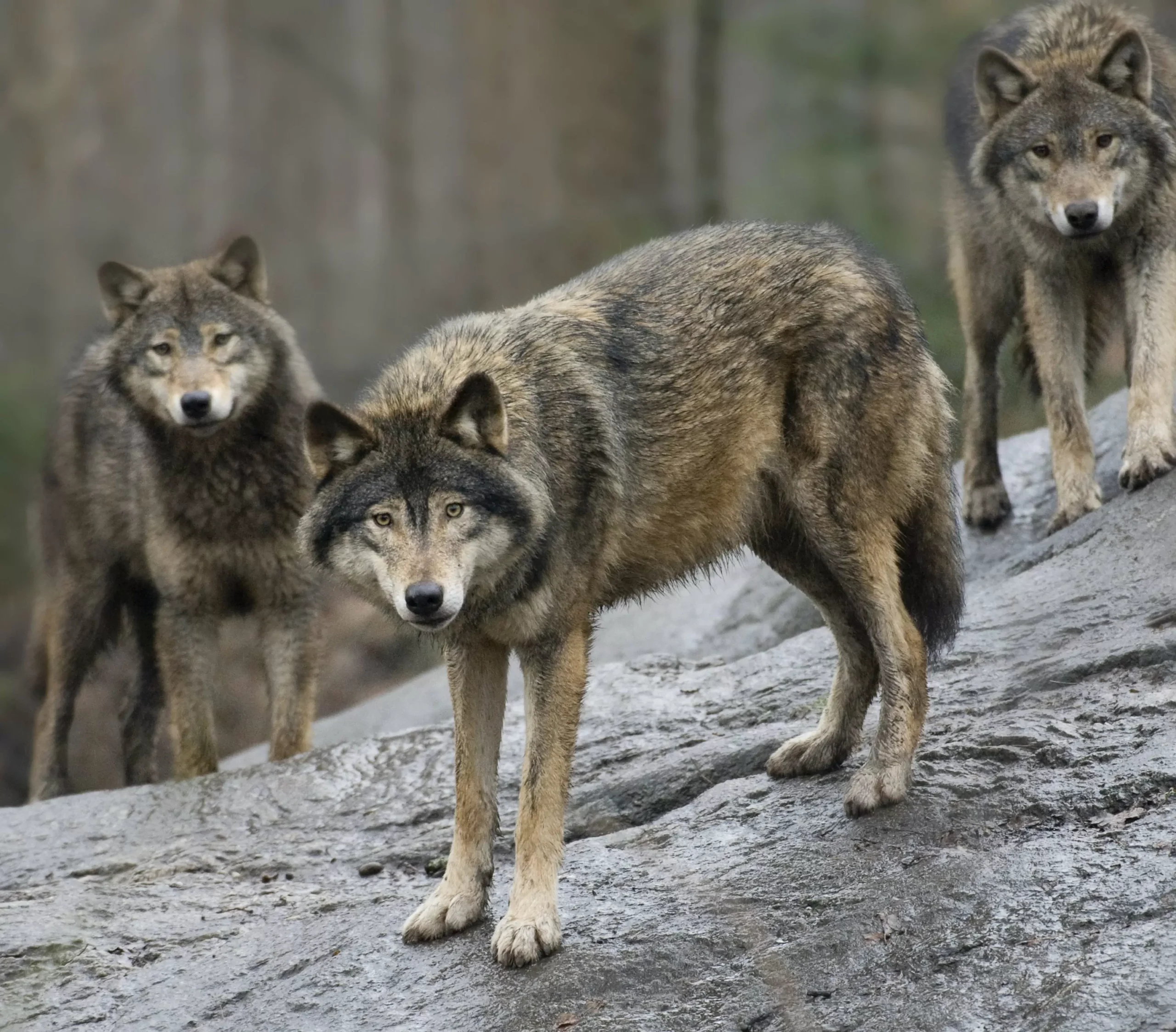The European Union has long been a symbol of unity, progress, and protection. However, recent discussions have highlighted a key issue that has caused a political clash between farmers and environmentalists – the protection of wolves.
For years, the wolf population in Europe has been steadily growing, causing concern for farmers who fear for their livestock. On the other hand, environmentalists argue that wolves play a crucial role in maintaining the balance of ecosystems and should be protected at all costs. This clash of interests has led to a debate within the European Union on whether or not to remove some of the protections for wolves.
In a bold move towards finding a solution, the European Union has announced its plans to back the removal of certain protections for wolves on the continent. This decision has been met with mixed reactions, with some applauding the move while others remain skeptical.
On one hand, farmers have been struggling to cope with the increasing number of attacks on their livestock by wolves. These attacks not only result in financial losses for farmers but also cause immense emotional distress. In some cases, farmers have even resorted to taking matters into their own hands by illegally hunting or poisoning wolves. This not only goes against the law but also poses a threat to the survival of the wolf population.
On the other hand, environmentalists argue that wolves are a vital part of the natural world and their presence is necessary for maintaining a healthy ecosystem. Wolves, as apex predators, play a crucial role in regulating the populations of their prey, which in turn helps to maintain a balance in the food chain. Without wolves, there is a risk of overpopulation of certain species, which could have devastating effects on the environment.
The European Union’s decision to back the removal of some protections for wolves has taken into consideration the concerns of both farmers and environmentalists. It is a step towards finding a middle ground and promoting coexistence between humans and wolves.
One of the key changes proposed by the European Union is the reclassification of wolves from the strictest protection category to a more flexible one. This would allow for more targeted management of the wolf population in areas where their presence poses a threat to livestock. Additionally, the EU also plans to allocate funding for the implementation of preventive measures, such as electric fencing, to protect livestock from wolf attacks.
Moreover, the European Union has also emphasized the importance of promoting dialogue and cooperation between farmers and environmentalists. This is crucial in finding sustainable solutions that benefit both parties. By working together, farmers and environmentalists can find ways to coexist with wolves and ensure the protection of both livestock and the environment.
The European Union’s decision to back the removal of some protections for wolves is a step in the right direction. It not only takes into consideration the concerns of farmers but also acknowledges the importance of preserving the environment. This move shows that the European Union is committed to finding solutions that promote harmony between humans and nature.
In conclusion, the European Union’s decision to back the removal of some protections for wolves is a positive step towards finding a balance between the needs of farmers and the protection of the environment. By promoting cooperation and implementing targeted management measures, the EU is paving the way for a sustainable future where humans and wolves can coexist peacefully. Let us hope that this decision will lead to a brighter future for both farmers and wolves in Europe.








